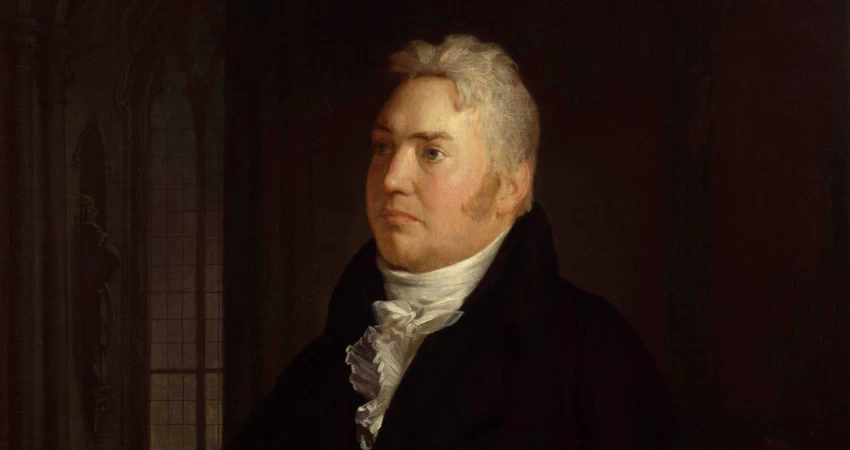Samuel Taylor Coleridge is one of the most complex and richly suggestive writers in English literature. He is a poet, philosopher, critic and a genuine observer, who has left an indelible mark on history of English poetry and criticism. His major critical work, Biographia Literaria, stands as the source of much modern critical theory. His friend William Wordsworth and he (Coleridge) jointly published Lyrical Ballads which was a revolt against the set rules of Neo-classical poetry. They asserted not only that the source of poetry is the ordinary life and language of men, but also reasserted the validity and beauty of the imagination.
According to Coleridge, poetry is the product of imagination working on the objects of life and nature. It is an activity of imagination, idealising the real and realising the ideal.
A poem is that species of composition which is opposed to works of science, by proposing its immediate object pleasure, not truth.
Coleridge means poetry as an imaginative literature as a whole. The real soul of poetry lies in its power of expressing and arousing emotions. And it is also necessary to add rhyme and rhythm in poetry.
As a particular pleasure is found in anticipating the recurrence of sounds and qualities, all compositions that have this charm super-added, whatever be their contents, may be entitled poems. But mere metre and rhyme, without imagination and emotion for their bases would not make poetry.
But Coleridge does not affirm his belief on seeking the pleasure from poetry. He supports the theory of Plato that poetry is a highest kind of literature that may exist without metre and contra-distinguishing objects. He agrees that poetry is the emphatic sense; it would be not less irrational to assert that gives pleasure and not truth.
According to him-
A perfect poet is he who can bring the whole soul of man into activity with the subordination of its faculties to each other according to their relative worth and dignity.
Thus, it can be said that, Coleridge expresses his conception of poetry in terms of a synthesis of imaginative vision and of the actual perception, of outer and inner, in other words of subject or object. His earlier verse usually had nature as the object but later poems approach treatment of the symbolic and general.

